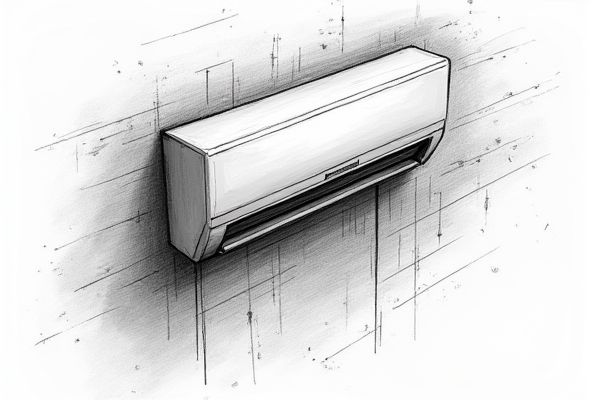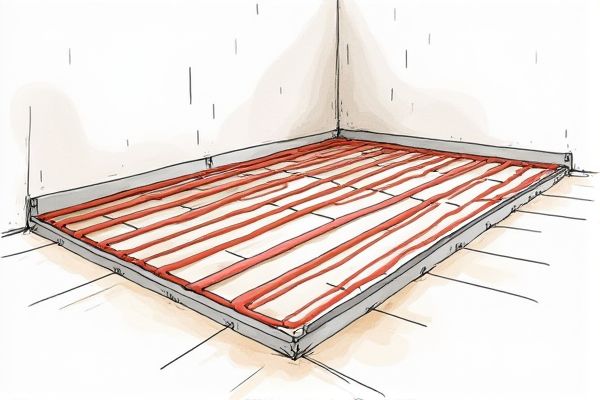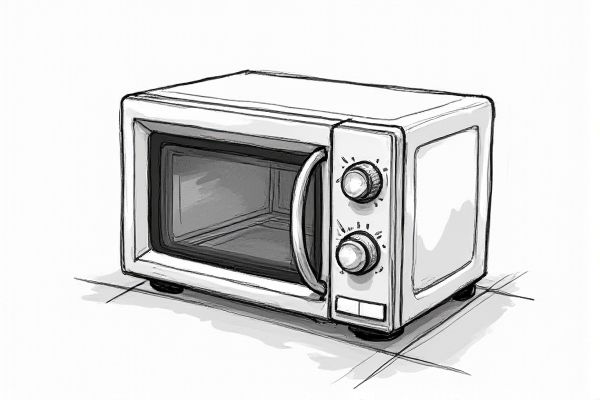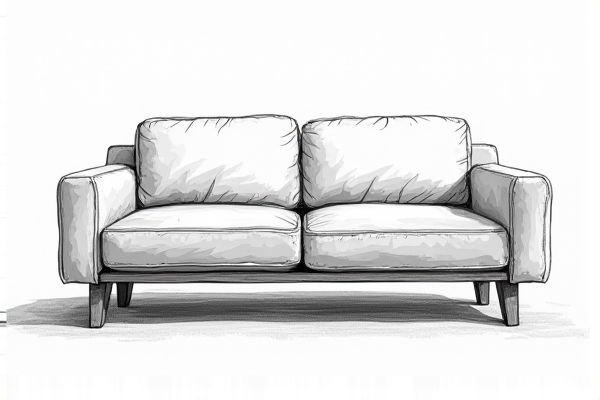Choosing the right air conditioning unit can be a daunting task with all the many options available on the market. Understanding which brands provide the best in terms of efficiency, reliability, and features is crucial for making a well-informed decision. Some brands stand out due to their innovative technology, user-friendly designs, and robust performance, ensuring consistent comfort in various climate conditions. To discover the top recommendations and detailed insights into the best air conditioning brands, explore the information below.

Illustration of ac unit
Best brands of ac unit in 2025
Daikin
Daikin is renowned as the world's No. 1 air conditioning company, offering advanced and energy-efficient HVAC solutions for residential, commercial, and industrial applications. Founded in 1924, Daikin has innovated technologies like VRV (Variable Refrigerant Volume) since 1982, providing individualized comfort control and substantial energy savings. The company has achieved significant market share, particularly in India where it now holds over 60% of the RAC segment and aims to increase this to 80% in the coming years. Daikin's products, such as the Urusara X, have helped the company expand its market share despite challenges like rising electricity rates and supply shortages. With sales in over 150 countries, Daikin continues to revolutionize heating and air conditioning with its environmentally friendly and efficient systems.
Mitsubishi Electric
Mitsubishi Electric is a leading global producer of high-quality air conditioning units, known for its innovative and energy-efficient solutions. In 2024, the company generated over $9 billion in revenue from its Air Conditioning Systems & Home Products segment, highlighting its dominance in the market. Mitsubishi Electric's ductless mini-split AC systems, such as the P- and M-Series models, are recognized by the Environmental Protection Agency for meeting ENERGY STAR efficiency criteria, ensuring optimal energy usage and reduced utility bills. The company's advanced inverter technology and commitment to innovation have made it a preferred choice for homeowners seeking reliable and eco-friendly HVAC systems. With a steady growth rate, Mitsubishi Electric continues to be a significant player in the global electronics and industrial systems markets. For more details about Mitsubishi Electric's energy-efficient air conditioning solutions, visit their page.
LG
LG Electronics is a leading producer of air conditioner units, having achieved significant milestones such as selling over 1 million ACs in the first 100 days of 2024 and aiming to close the year with over 2 million units. In 2023, LG held a 19.8% market share in terms of value and is targeting a 25% market share in 2024. The company has introduced 77 new AC models in 2024, focusing on energy efficiency, style, and performance, including features like the Energy Manager and Diet Mode. LG manufactures its ACs locally in India, with production capacities of up to 2.5 million units per year. The company also exports its ACs to neighboring countries like Sri Lanka, Nepal, and Bangladesh.
Carrier
Carrier is a leading brand in the HVAC industry, recognized for its high-quality and innovative air conditioning systems. Founded by the inventor of modern air conditioning, Carrier has over 100 years of experience and is known for its reliable and energy-efficient products, with a life expectancy of up to 20 years and a parts warranty of 10 years.
Trane
Trane Technologies stands as a leading producer in the HVAC industry, particularly in North America, where it holds a market share of 21.1% as of 2023. The company has demonstrated robust financial performance, with an 11.89% revenue growth and a strong earnings beat in the third quarter of 2024. Trane's success is driven by its dominance in the datacenter sector and a cyclical bounce in the Residential HVAC market. The company's bookings increased 21% year over year to $5 billion in the first quarter of 2024, with significant growth in its Americas commercial HVAC business. Trane's applied solutions portfolio is a key contributor to its high-margin services revenue. For an in-depth evaluation of their financial health and market positioning, you can explore their SWOT analysis.
Fujitsu
Fujitsu, a renowned leader in the global IT and technology sector, also excels as a premier producer of air conditioning units. With a history spanning over six decades since introducing its first window-mounted cooler in 1960, Fujitsu General has developed groundbreaking technologies to make its air conditioners highly efficient and adaptable to various environments. The company dominates markets in Europe, Japan, the Middle East, and Oceania, and is expanding its presence in American and Asian markets. Fujitsu's air conditioner offerings include compact residential units, commercial air conditioners, and advanced multi-split VRF systems for large buildings. The company's commitment to innovation and efficiency has solidified its position as one of the leading air conditioner brands globally. For more information, visit their official Fujitsu air conditioning page.
Panasonic
Panasonic is a leading brand in the air conditioning market, known for its innovative technology and energy-efficient solutions. As of 2023, Panasonic air conditioners hold a 15% share in homes, with prices 5% lower than major competitors, and they dominate 80% of commercial buildings. The company has seen a 10% increase in sales from the previous year, driven by the demand for energy-saving and smart technologies. By 2030, Panasonic is expected to maintain a significant share of the high-end market, with a projected global air conditioner market growth at a CAGR of 5.98% from 2023 to 2030. Panasonic's commitment to eco-friendly and advanced tech has boosted its market share, particularly in the Inverter AC segment.
Samsung
Samsung Electronics is a prominent player in the air conditioning market, known for its innovative and energy-efficient AC units. The company is part of the top companies dominating the U.S. air conditioning system market, which is projected to grow at a CAGR of 5.6% from 2022 to 2032, reaching a market value of $35.2 billion by 2032. Samsung's products are highly regarded for their technological advancements and eco-friendly features, contributing to the increasing demand for air conditioning systems globally, with the global market expected to reach $245.12 billion by 2032. The South-West U.S. region, where Samsung's products are popular, holds a 27.8% market share and is expected to expand at a 6.2% CAGR during the forecast period. Samsung's commitment to innovation and sustainability aligns with the growing need for advanced air conditioning solutions.
Hitachi
Hitachi, once a leading brand in the Indian air conditioner market, held a significant market share of over 9% in the pre-pandemic year 2019-20. However, the brand has faced substantial challenges, with its market share halving by April 2023 and dropping to the seventh spot in 2022-23, according to GfK data. Despite a 10% year-on-year increase in sales to Rs2,384 crore in 2022-23, Hitachi-Johnson Controls Air Conditioning India reported a net loss of Rs82 crore. The brand's decline is attributed to strategic missteps, including drastic price reductions and a loss of its premium brand image. To regain its position, Hitachi needs to redefine its market strategy and introduce India-oriented innovations. For more information, please visit the full article on Business Standard.
Lennox
Lennox is a leading producer of air conditioning units, known for its energy-efficient climate-control solutions. In 2020, Lennox held a significant 16.5% market share in the North American HVAC equipment market, making it the second-largest player behind Trane. As of 2023, Lennox's market share slightly declined to 7.8%, but the company continues to deliver strong financial results, such as a 15% core revenue growth in the third quarter of 2024. Lennox's products are recognized for their performance and reliability, contributing to the company's reputation as a top choice in the HVAC industry. The company's focus on pricing and sales volume has helped maintain steady margin expansion despite industry challenges. For more details about Lennox's financial performance and market presence, visit their investor relations page.
















Leave a Reply
Your email address will not be published.